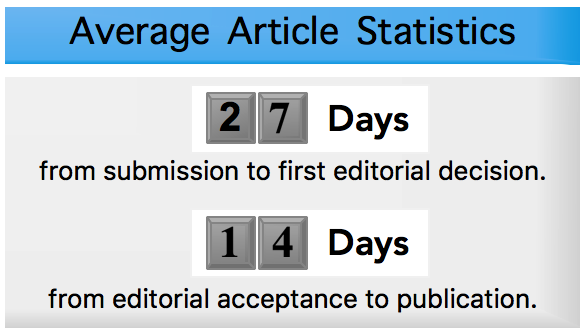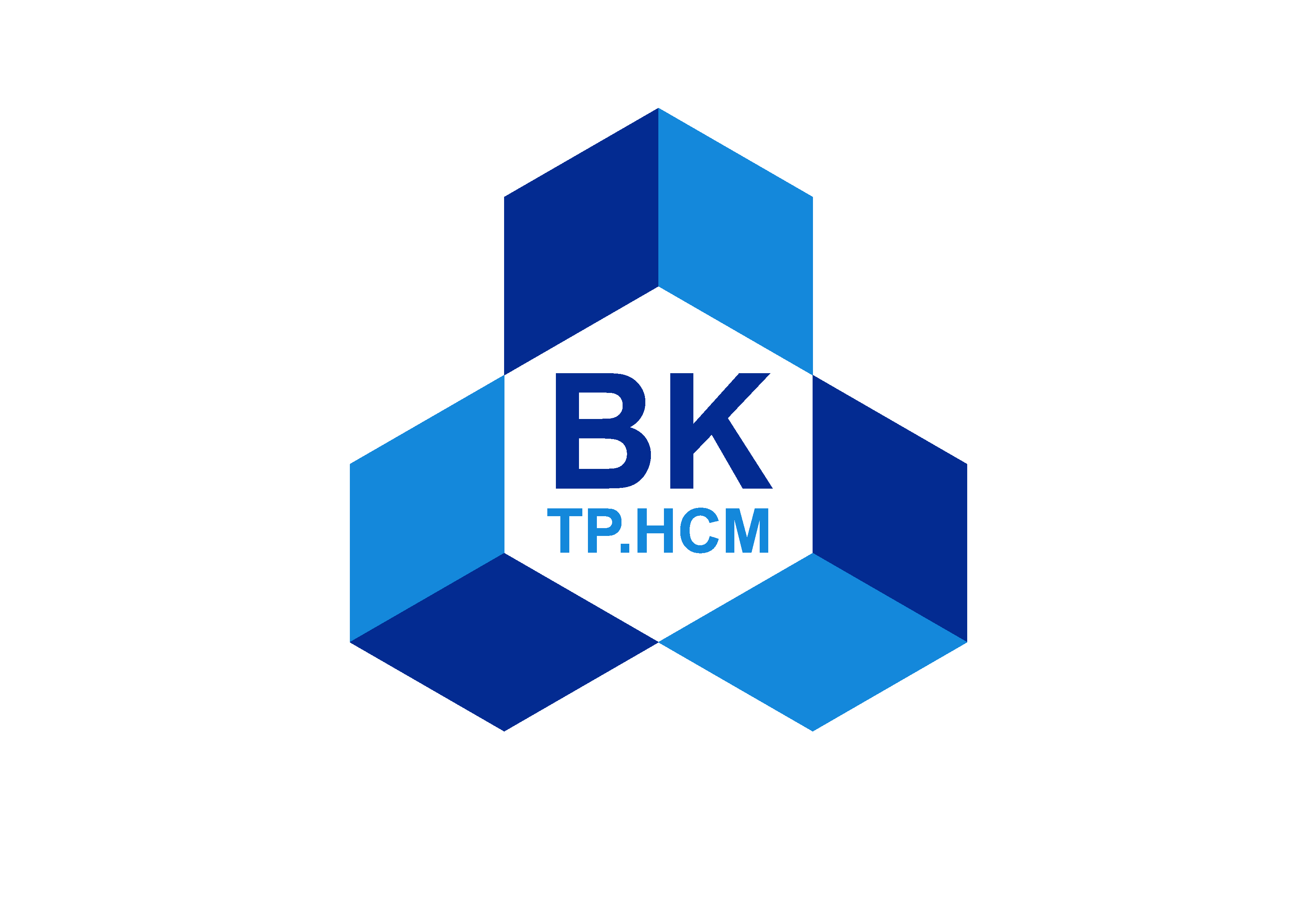Downloads
Abstract
Triboelectric nanogenerator (TENG) has gained increasing attention owing to their diverse applications, especially as an indispensable power supply for rechargeable sensors and wearable portable electronic devices in the IoT era. However, dielectric materials for fabricating TENG are mostly thermoplastic polymers, which are normally unsatisfactory and easily deteriorated at elevated temperatures, thereby hindering its applications in harsh environments. In this research, customizable polyimide (PI) membranes were prepared by a facile and scalable solution phase separation for a heat-resistant high-power TENG. A mixture of N, N-dimethylacetamide and methanol is exploited as a proper pair of solvent and nonsolvent to induce phase separation, resulting in the formation of porous structures. The results showed that PI films possessed uniform and high porosity, and especially, they have excellent thermal stability compared to commercial thermoplastic membranes such as the Celgard. The new porous PI-based TENG device exhibited a significant enhancement in electrical output of 10 times and 2 times compared with TENGs based on flat PI and commercial Kapton, respectively. More importantly, a new antagonist-structured TENG composed of microdome-convex chitosan and porous-concave PI could generate a superior output voltage of 180 V, which could directly power a “HCMUT” panel with 102 light-emitting diodes (LEDs). Besides the advantages such as superior output, excellent temperature resistance and ease of scaling up, our new TENG is highly potential to be applied in specific applications such as self-powered electronic systems working in harsh environments.
Issue: Vol 5 No SI1 (2022): Special issue: The BKYST2022: Innovative Engineering For Life
Page No.: 109-119
Published: Feb 15, 2023
Section: Research article
DOI: https://doi.org/10.32508/stdjet.v5iSI1.990
Funding data
PDF = 276 times
Total = 276 times

 Open Access
Open Access 










